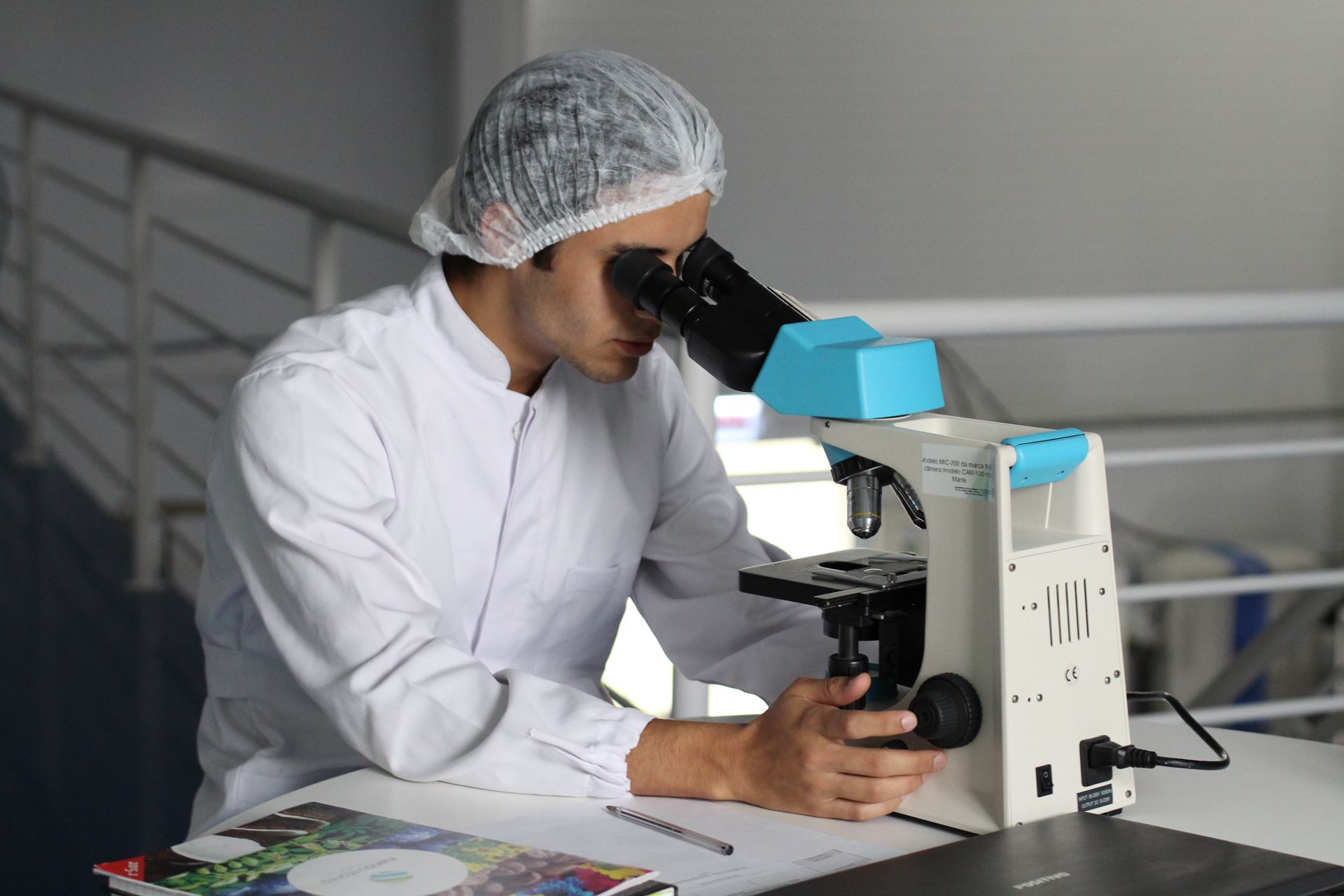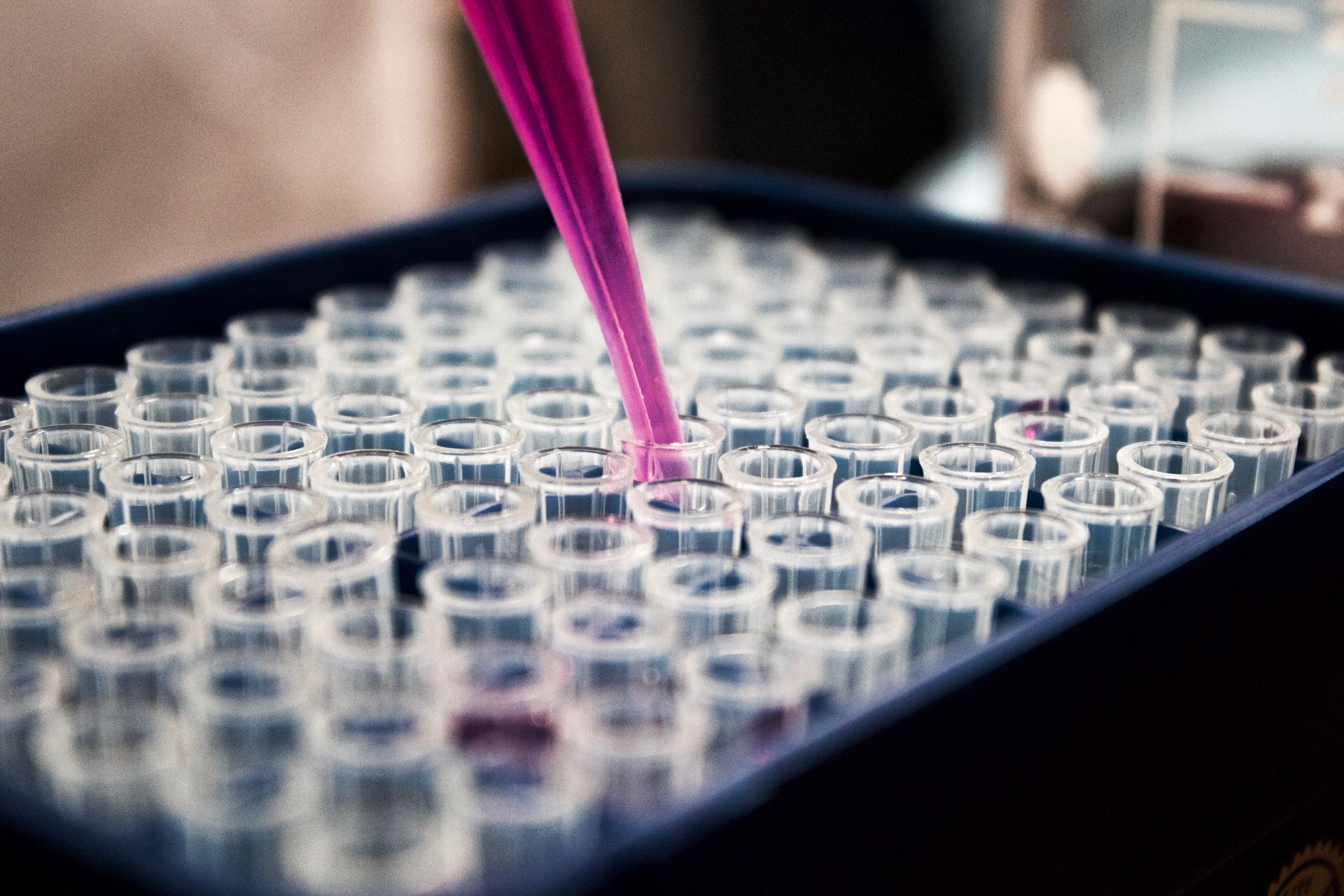Bottisham Medical Practice is pleased to inform you that we are a research active practice and support high quality medical research through the following organisation.
Research
Clinical Research

Primary Care Research Network East of England (PCRN EOE)
Who we are
The Primary Care Research Network East of England is one of eight regionally-based Local Research Networks which make up the national Primary Care Research Network in England. The Network is funded by the Department of Health.
What we do
Our vision is to provide improved treatment and services for NHS patients by conducting important and relevant research to the highest standards working in partnership with patients, researchers and primary care practitioners in efficient and effective ways.
We do this in areas for which primary care has particular responsibility. These include disease prevention, health promotion, screening and early diagnosis, as well as the management of long-term conditions, such as arthritis and heart disease.
Why we do it
Clinical research is, and has always been, fundamental to the work of the NHS. Only by carrying out research into "what works" can we continually improve treatments for patients, and understand how to focus NHS resources where they will be most effective. All the research that we support is driven by the priorities of the NHS and the Department of Health, and informed by the views of patients and their carers.
Patients and public
If you are a patient or carer, or perhaps a member of public with an interest, you can help research. You could become a participant in clinical research study that may benefit many people. You could even help shape clinical research by becoming more actively involved and having a say.
Please note:
- Participation in research is entirely voluntary and you have the right to say 'No'. Nobody will put pressure on you to take part in research if you do not wish to. You do not have to give us a reason if you decide not to.
- Your care and your relationship with your doctor or nurse will not be affected in any way if you decide not to take part in a research study
- You will always receive clear information about what taking part in a research study would involve. The practice will usually provide you with a patient information sheet; then, if you agree to take part, the study team will explain the study to you in more detail and you will have the opportunity to ask questions about it
- Nobody from outside this practice will be given your contact details or have access to your medical records without your consent. If you do agree to take part in a study, you will be asked to sign a consent form - this will clearly state which parts of your notes (if any) may be looked at for the purposes of the research

Be Part of Research
Health research needs people of all ages and backgrounds, from all over the country, to take part and help shape research. That way the results can benefit as many people as possible. Find out more about the ways you can get involved.
How your information is used for medical research and to measure the quality of care
Bottisham Medical Practice shares information from medical records:
- to support medical research when the law allows us to do so, for example to learn more about why people get ill and what treatments might work best;
- we will also use your medical records to carry out research within the practice.
This is important because:
- the use of information from GP medical records is very useful in developing new treatments and medicines;
- medical researchers use information from medical records to help answer important questions about illnesses and disease so that improvements can be made to the care and treatment patients receive.
You have the right to object to your identifiable information being used or shared for medical research purposes. You can do this via https://nhs.uk/your-nhs-data-matters/ or Email: enquiries@nhsdigital.nhs.uk or see our Privacy Notice below for more details.
The Relief Trial
Asthma in the UK
Asthma is a common, inflammatory condition of the airways, affecting approximately 10% of adults in the UK. Around 160,000 people a year receive an asthma diagnosis. This is more than are diagnosed with any other lung condition. Approximately half of those affected have relatively mild asthma but, despite being described as “mild”, these patients experience unnecessary morbidity and avoidable mortality. Many patients within the mild asthma category have poor asthma control and up to 15% have a severe asthma attack each year.
As asthma causes airway inflammation, treatment with regular inhaled steroids is important. Usually, mild asthmatics require a reliever (blue) inhaler for symptom relief as and when required, with or without low-dose-inhaled steroid treatment (usually a brown inhaler) for maintenance. Blue inhalers provide symptom relief but cannot help the underlying inflammation. Data shows that many asthmatics prescribed with a preventer (brown) inhaler do not use it consistently or correctly, which leads to an increase on reliance on the blue inhalers; this is associated with an increase in asthma exacerbations and poorer outcomes. The Global Initiative for Asthma, in 2019, recommended the replacement of blue inhalers with a combination inhaler (which also includes the steroids found in brown inhalers).
The RELIEF trial is looking at whether such a combined inhaler is better for treating mild asthma symptoms than a blue inhaler. The aim is to see whether use of this combined inhaler might lead to fewer asthma exacerbations for participants.
Aspirin in Chronic Kidney Disease (ATTACK Study)
We are taking part in a research study called 'Attack'. This is a national study to investigate whether people with chronic kidney disease (or CKD) should take daily low-dose aspirin to help prevent heart attacks and strokes.
CKD is an important as a risk factor for heart and attacks and strokes (similar to raised cholesterol) and so the research team is studying whether taking a daily low-dose aspirin tablet reduces these risks.
If you are invited to take part and would like more information, click on the link below.
The Active Brains Study
Active Brains aimed to find out if using the Active Brains website was useful for people aged 60-85, who are proactively taking steps to keep their brain healthy.
The Active Brains website is designed to help people get a bit more active, practising thinking skills, and eating healthily. As we get older, it’s more important than ever to do things to keep our brain and body active and healthy. The research study tests whether using Active Brains helps people to do this and the study lasts for five years.
The study is closed to new participants, however we have had great uptake as many of our patients have signed up to take part.
BEST 3 - Cytosponge Test
Over 13,000 participants with heartburn or acid reflux symptoms from GPs surgeries accross England took part in this trial, including patients from Bottisham Medical Practice. The aim was to assess a small capsule sponge device called the CytospongeTM to detect patients who might be at future risk of cancer of the oesophagus.
Results showed that the capsule sponge detected 10 times more cases of Barrett’s oesophagus compared with routine GP care.
Researchers have taken the work on BEST3 forward into the BEST4 Trial, jointly funded by Cancer Research UK and the National Institute for Health and Care Research (NIHR). They are exploring whether the capsule sponge can prevent deaths from oesophageal cancer when offered as a screening test to people on long-term medication for heartburn – one of the most common Barrett's oesophagus symptoms.
Page created: 12 June 2020